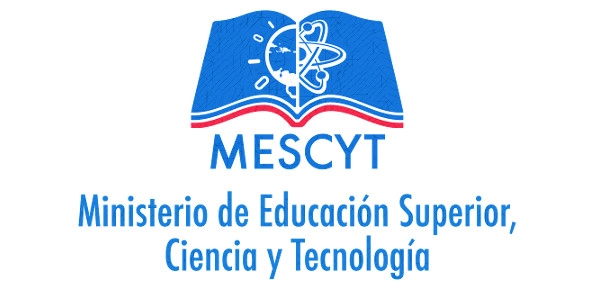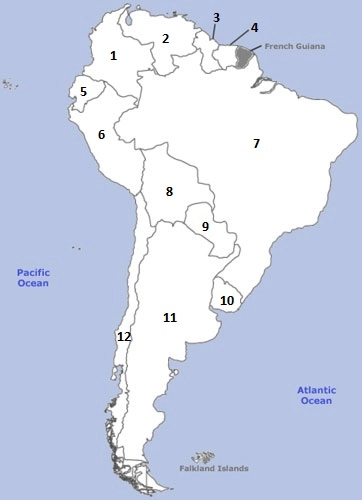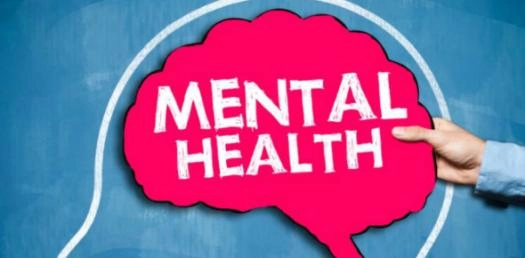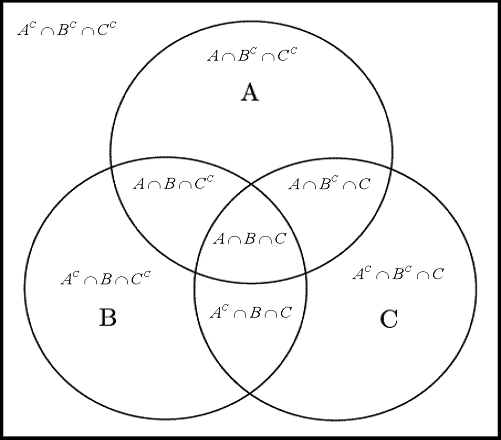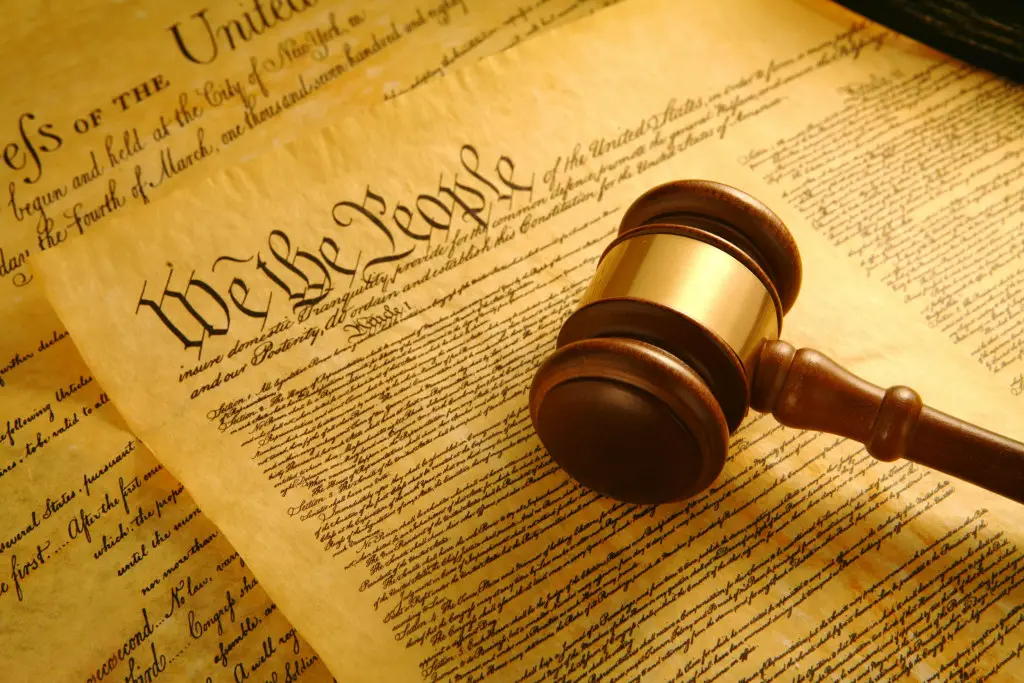
Think you know the seven principles of the Constitution? Take our trivia quiz to test your knowledge and discover how well you understand the foundational elements of American governance!
Questions and Answers
What's inside the Test Your Knowledge: The Seven Principles of the Constitution quiz
Which principle ensures that no single branch of government becomes too powerful?
What principle outlines the division of power between the national and state governments?
Which principle emphasizes that the government's power is derived from the consent of the governed?
What principle restricts the government to only those powers granted by the Constitution?
Which principle allows the Constitution to be amended as needed?
What principle establishes the legislative branch of government?
Which principle allows courts to declare laws unconstitutional?
The principle of ______ ensures that each branch of government has some measure of influence over the other branches.
Which principle divides the government into three separate branches?
The ______ principle ensures that laws are applied equally to all citizens.
Which principle allows Congress to pass laws necessary and proper for executing its powers?
The division of power between the two houses of Congress is known as:
Which principle ensures that governmental power is not concentrated in one entity?
What principle allows the citizens to have the ultimate authority in government?
Which principle relates to the ability of courts to interpret the Constitution?
The concept that government actions must conform to established laws is known as:
Quiz description
Understanding the Seven Principles of the Constitution
The United States Constitution is built on seven foundational principles that ensure the nation's governance is balanced, fair, and representative of its people's will. These principles not only define the structure of the government but also protect individual liberties and maintain the rule of law.
1. Popular Sovereignty
Popular sovereignty is the concept that the authority of the government is created and sustained by the consent of its people. This principle emphasizes that the power rests with the citizens, who can alter or abolish the government through democratic means.
2. Limited Government
A limited government is one whose powers are restricted by law, typically embodied in a constitution. This principle ensures that the government does not overstep its boundaries and that individual freedoms are protected from government intrusion.
3. Separation of Powers
Separation of powers divides the government into three distinct branches: legislative, executive, and judicial. Each branch has its own responsibilities and can check the powers of the other branches, preventing any single branch from becoming too powerful.
4. Checks and Balances
This principle allows each branch of government to limit the powers of the other branches. By providing mechanisms for mutual oversight, checks and balances ensure that no branch can operate without accountability.
5. Judicial Review
Judicial review is the power of the courts to assess whether a law or executive action is constitutional. This principle acts as a safeguard against unconstitutional practices, maintaining the supremacy of the Constitution.
6. Federalism
Federalism divides power between the national and state governments. This distribution ensures that governance is responsive to the needs of local communities while maintaining a unified national policy.
7. Bicameralism
Bicameralism refers to the two-house structure of Congress, comprising the Senate and the House of Representatives. This system balances representation, allowing both populous and smaller states to have a say in legislation.
Put Your Knowledge to the Test
Think you know these principles inside out? Take our trivia quiz to see how well you understand the foundation of American governance. Challenge yourself and discover where you stand!
